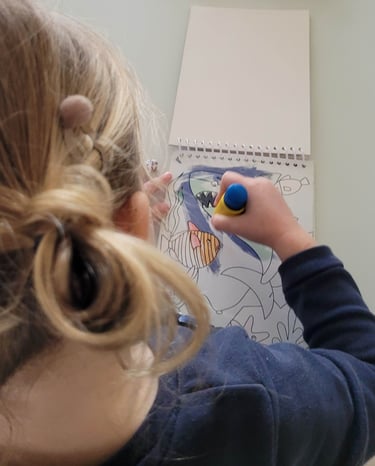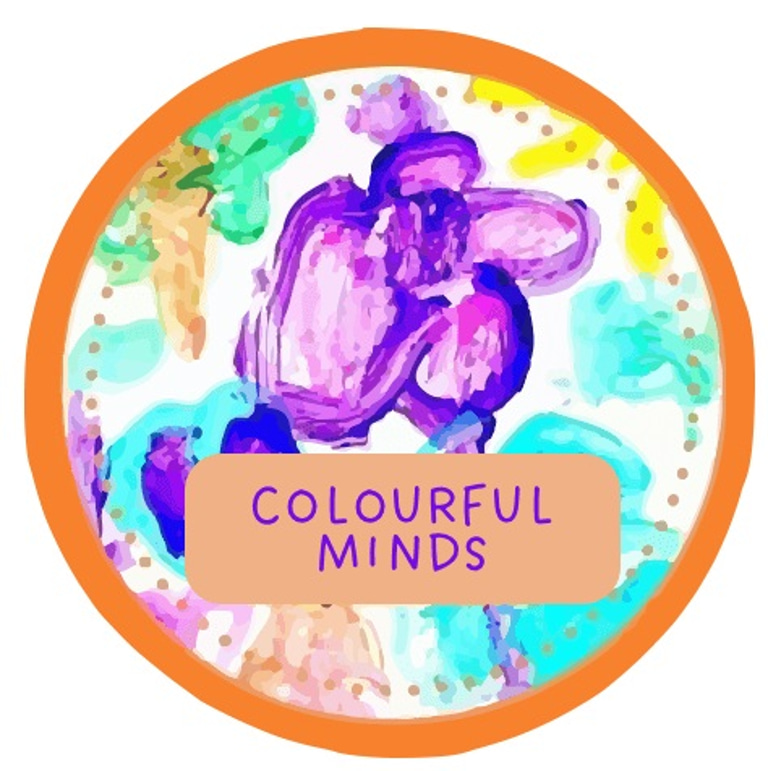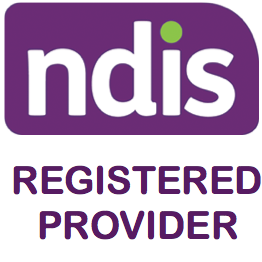Positive Behaviour Support


Positive Behaviour Support
Supporting Positive Change Through Understanding, Not Punishment
At Colourful Minds, we deliver Positive Behaviour Support (PBS) under the NDIS, helping children and young people with disabilities or developmental challenges understand and manage their behaviour in healthy, respectful, and meaningful ways.
Our approach is not about controlling behaviour—it’s about building skills, improving quality of life, and reducing behaviours of concern through compassionate, evidence-based support.
What Is Positive Behaviour Support?
Positive Behaviour Support is a person-centred and proactive approach grounded in understanding why challenging behaviours occur and what needs the child is trying to meet.
Rather than using punishment or short-term fixes, PBS looks at:
What triggers the behaviour?
What is the child trying to communicate or achieve?
How can we develop more effective ways for them to express themselves?
How to reduce or stop restrictive practices
PBS under the NDIS is provided by behaviour support practitioners, in line with the NDIS Behaviour Support Framework.
Who We Support
Our PBS services are designed for:
Children and young people aged 2–16 years
Individuals with autism, ADHD, ODD, intellectual disability, psychosocial disability, or other neurodivergent conditions
Families and carers seeking support with:
Aggression or meltdowns
Self-injury
Property damage
Absconding (running away)
Social or communication difficulties
Our Positive Behaviour Support Services
We work collaboratively with families, educators, and other providers to create individualised Behaviour Support Plans that are practical, respectful, and trauma-informed.
🔹 Functional Behaviour Assessment (FBA)
In-depth assessment to identify the causes and functions of behaviours
Observations in natural settings (home, school, community)
Interviews with family and support staff
🔹 Behaviour Support Plans (BSP)
Development of a comprehensive BSP that outlines proactive strategies, teaching approaches, and reactive responses
Plans include capacity-building strategies for children, families, and support teams
Regular reviews and updates to ensure effectiveness
🔹 Skills Building and Therapy
Teaching replacement behaviours (e.g., using words instead of hitting)
Supporting emotional regulation and coping skills
Building communication, social, and daily living skills
🔹 Family and School Coaching
Training and coaching for parents, carers, educators, and support workers
Supporting consistency across environments
Where We Deliver Support
PBS works best when applied across real-life settings—we come to where your child lives, learns, and grows:
Home-based support to embed strategies in everyday routines
School and daycare visits to collaborate with educators
Community-based support to generalise skills in natural settings
In-clinic sessions for therapy and plan reviews
TelePBS / online sessions for remote or flexible access
Why PBS Works
Positive Behaviour Support isn’t about fixing a child—it’s about understanding them. When we identify what’s behind a behaviour, we can help the child feel safe, heard, and supported while building the tools they need to succeed.
The goal is always the same: to improve quality of life, reduce stress for families, and help children feel more confident and in control.
How to Access PBS Under the NDIS
PBS is part of the Improved Relationships support categories in an NDIS plan. If you're unsure whether your child is eligible, we can help you navigate the process.




